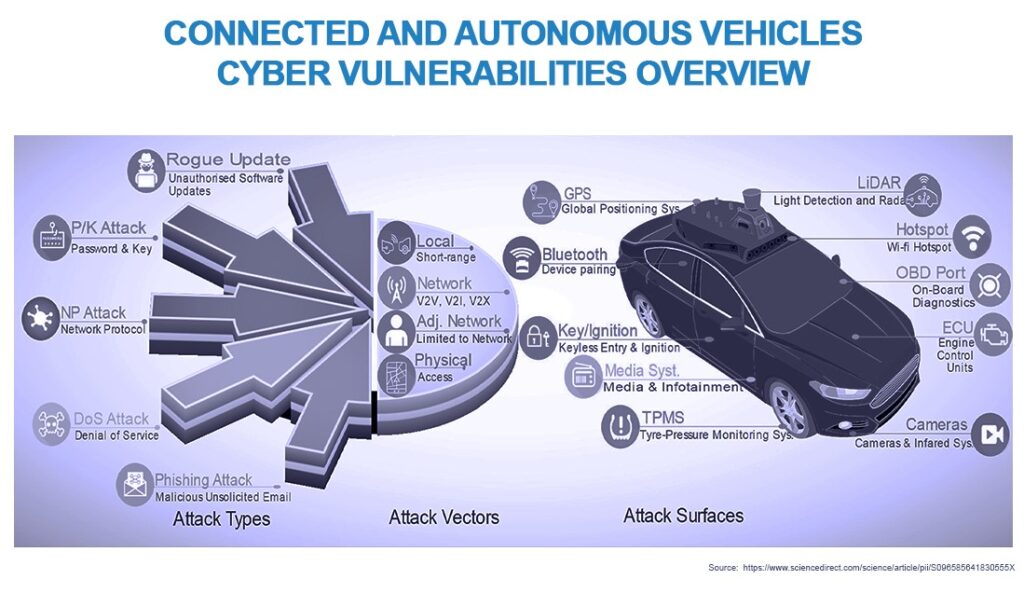Enhanced Safety Features Through Connectivity
Connected cars are revolutionizing safety on the roads. Features like automatic emergency braking (AEB) are becoming increasingly common. These systems use sensors and connectivity to detect potential collisions and automatically apply the brakes, significantly reducing the severity or even preventing accidents altogether. Beyond AEB, connected cars can offer lane departure warnings, blind-spot monitoring, and adaptive cruise control, all enhanced by real-time data from the vehicle’s network and other connected vehicles. This constant awareness of the surrounding environment allows for proactive safety measures that go beyond the capabilities of traditional driver-assistance systems.
Improved Navigation and Route Optimization
Gone are the days of relying solely on outdated maps. Connected cars leverage real-time traffic data to provide optimized routes, avoiding congestion and saving commuters valuable time. This is achieved through constant communication with servers that update traffic conditions dynamically. Beyond just avoiding traffic jams, connected navigation systems can factor in road closures, accidents, and even weather conditions to suggest the most efficient and safest path. This contributes to a smoother and less stressful driving experience, especially during peak hours or in unfamiliar locations.

Remote Vehicle Access and Control
The convenience offered by connected car technology extends beyond the driving experience itself. Many connected cars offer remote access and control features through a smartphone app. Drivers can remotely lock and unlock their doors, start their engine, check their fuel level, and even locate their parked car. This is particularly useful in inclement weather, allowing drivers to pre-condition their vehicle’s temperature before getting in. Furthermore, some systems offer remote diagnostics, allowing early detection of potential problems and proactive maintenance scheduling.
Enhanced Security Measures
While connected cars offer numerous benefits, security remains a crucial aspect. Manufacturers are constantly improving security protocols to protect vehicles from hacking and unauthorized access. Features like over-the-air software updates allow for quick patching of vulnerabilities as they are discovered. Strong encryption and authentication methods are employed to secure communication between the car and the cloud, protecting sensitive data. Moreover, some systems incorporate advanced intrusion detection systems that can alert owners to any suspicious activity.
Infotainment and Communication Integration
Connected cars seamlessly integrate infotainment and communication systems. Many models offer access to streaming music services, podcasts, and other entertainment options directly through the car’s interface. Hands-free calling and voice-activated controls enhance safety and convenience by minimizing distractions while driving. The integration of smart assistants allows for voice-controlled navigation, climate control, and other functions, transforming the driving experience into a more connected and intuitive one.
Data Collection and Privacy Considerations
The extensive data collection capabilities of connected cars raise important privacy concerns. Manufacturers collect data on driving behavior, location, and other aspects of vehicle usage. It’s crucial for drivers to understand what data is collected, how it’s used, and what security measures are in place to protect it. Transparency and user control over data sharing are essential to ensuring responsible data practices. Choosing vehicles from manufacturers with strong privacy policies and commitment to data security is paramount.
The Future of Connected Car Technology
The future of connected cars holds immense potential. We can expect further advancements in autonomous driving capabilities, with connected cars playing a vital role in the development of self-driving technology. Increased vehicle-to-vehicle (V2V) and vehicle-to-infrastructure (V2I) communication will improve road safety and efficiency. The integration of artificial intelligence (AI) will personalize driving experiences and optimize vehicle performance. As technology continues to evolve, connected cars will become even more integrated into our lives, offering unprecedented levels of safety, convenience, and efficiency. Please click here to learn about connected cars.


